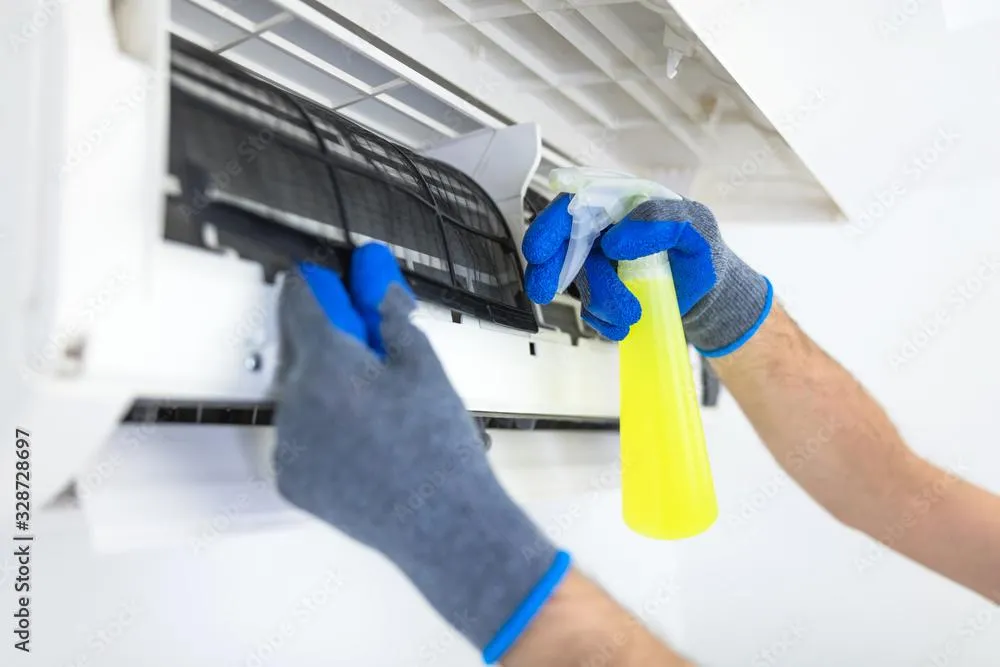
Maximizing Your Air Conditioning Efficiency: Tips for Optimal Performance and Savings
Air conditioning is a key component in maintaining a comfortable indoor environment, especially during the sweltering summer months. However, to ensure that your AC system operates efficiently and remains cost-effective, it’s important to implement strategies that enhance its performance. In this blog, we’ll explore practical tips to maximize your air conditioning efficiency, reduce energy consumption, and ultimately save on your utility bills.
1. Optimize Your Thermostat Settings
Your thermostat plays a crucial role in managing your air conditioning system’s efficiency. Here’s how to make the most of it:
Set a Consistent Temperature: Avoid frequently adjusting the thermostat. Setting it to a consistent, moderate temperature (such as 78°F or 26°C) can help maintain comfort while reducing energy use.
Utilize Programmable Thermostats: Programmable thermostats allow you to set temperature schedules based on your daily routine. This way, your system won’t run at full capacity when you’re not home, saving energy and reducing costs.
2. Enhance Insulation and Sealing
Proper insulation and sealing can significantly impact your air conditioning efficiency:
Seal Gaps and Leaks: Check for and seal any gaps around windows, doors, and ductwork. Leaks can cause cool air to escape and hot air to enter, forcing your system to work harder.
Improve Insulation: Ensure your home is well-insulated, especially in the attic and walls. Good insulation keeps cool air inside and reduces the load on your air conditioning system.
3. Maintain Your AC System Regularly
Regular maintenance is essential for keeping your air conditioning system in peak condition:
Change Filters Regularly: Clean or replace air filters every 1-3 months to prevent airflow restrictions and maintain efficiency.
Schedule Professional Inspections: Have your system inspected by a professional HVAC technician at least once a year. They can identify and address issues before they become major problems.
4. Use Energy-Efficient Practices
Implementing energy-efficient practices can further reduce your cooling costs:
Utilize Fans: Ceiling fans and portable fans help circulate cool air more effectively, allowing you to set your thermostat a few degrees higher without compromising comfort.
Close Curtains and Blinds: Keep curtains or blinds closed during the hottest parts of the day to block out heat and reduce the load on your air conditioning system.
5. Upgrade to an Energy-Efficient System
If your air conditioning system is old or inefficient, consider upgrading to a newer model:
Look for Energy Star Ratings: Newer air conditioning units with Energy Star ratings are designed to be more efficient, offering better cooling performance and lower energy consumption.
Consider Variable-Speed Systems: Variable-speed AC systems adjust their cooling output based on demand, providing more precise temperature control and improved efficiency.
6. Regularly Clean and Maintain the Outdoor Unit
The outdoor unit of your air conditioning system also requires attention:
Clear Debris: Keep the area around your outdoor unit free from leaves, grass, and other debris that can obstruct airflow and reduce efficiency.
Clean Coils: Gently clean the condenser coils to remove dirt and grime that can impede heat exchange and affect performance.
Conclusion
Maximizing your air conditioning efficiency involves a combination of smart thermostat use, proper insulation, regular maintenance, and energy-efficient practices. By implementing these strategies, you can enjoy a comfortable indoor environment while minimizing your energy consumption and reducing utility costs.
If you’re looking to enhance the efficiency of your air conditioning system or need professional assistance, don’t hesitate to reach out to an HVAC expert. They can provide tailored solutions and ensure that your system operates at its best, keeping you cool and comfortable throughout the year.

